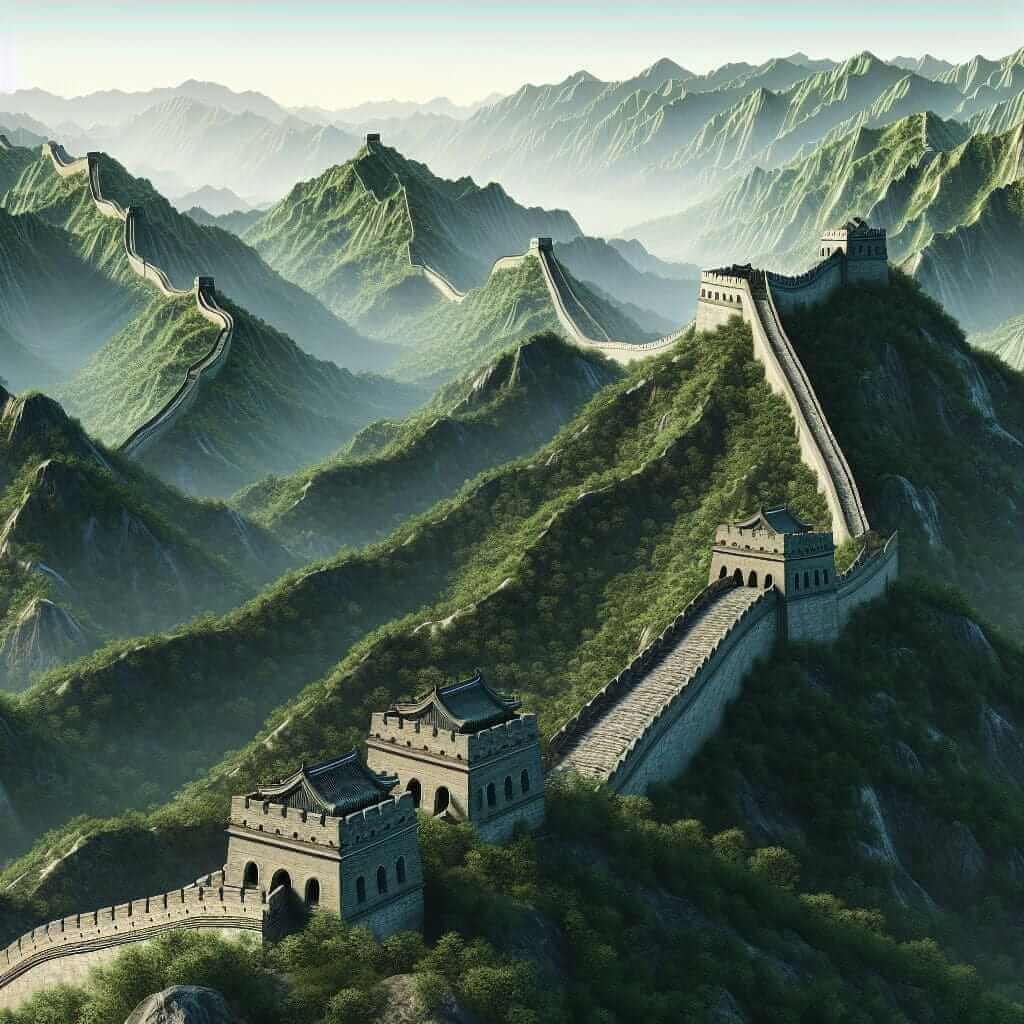Cultural heritage plays a significant role in shaping national identity. It encompasses the traditions, customs, monuments, and artifacts passed down through generations, reflecting a nation’s history, values, and ways of life. Understanding the role of cultural heritage is essential for one’s national pride and social cohesion. In the IELTS Writing Task 2, topics related to cultural heritage often appear, challenging students to articulate their thoughts on its relevance to contemporary society.
Sample IELTS Writing Task 2 Prompts:
- To what extent do you agree or disagree with the following statement? “Cultural heritage is vital for the development of a strong national identity.”
- Discuss the role of cultural heritage in maintaining national identity in a globalized world.
- Some people believe that preserving cultural heritage is more important than modern development. Discuss both views and give your opinion.
We will select the second prompt for a detailed essay.
Analysis of the Prompt
Prompt: Discuss the role of cultural heritage in maintaining national identity in a globalized world.
Keywords:
- Cultural heritage
- National identity
- Globalized world
- Maintaining
Task Requirements:
- Discuss: Provide a balanced consideration of different viewpoints.
- Role: Explain the importance and impact.
- Maintaining national identity: Focus on how cultural heritage helps preserve a nation’s distinct characteristics.
Sample Essay
In today’s globalized world, the maintenance of national identity has become a pressing concern for many countries. Cultural heritage, encompassing traditions, historical monuments, and artifacts, plays a crucial role in preserving and perpetuating a nation’s unique identity. This essay will discuss how cultural heritage is vital in maintaining national identity amidst the homogenizing forces of globalization.
First and foremost, cultural heritage serves as a repository of a nation’s history and values. Historical monuments, traditional festivals, and ancient artifacts offer tangible links to a nation’s past. For instance, the Great Wall of China not only represents architectural prowess but also symbolizes the perseverance and resilience of the Chinese people. By preserving such cultural landmarks and practices, nations can maintain a continuous connection to their historical narratives, reinforcing a sense of pride and belonging among their citizens.

Moreover, cultural heritage fosters social cohesion and unity within a nation. Shared traditions and customs create a collective identity that transcends individual differences. In a globalized world where cultural boundaries are increasingly blurred, national traditions can serve as a unifying force. For example, national holidays and public festivals bring people together, allowing them to celebrate their common heritage. This shared cultural experience strengthens the social fabric, making it easier for people to rally together during challenging times.
Additionally, cultural heritage distinguishes one nation from another, offering a sense of uniqueness in an increasingly homogenized global culture. In the current era of globalization, countries can easily adopt foreign customs and lifestyles, potentially eroding their unique identities. However, by valuing and promoting their cultural heritage, nations can protect their distinctiveness. For instance, Japanese culture is globally recognized for its distinct art forms, cuisine, and traditional attire, which have been meticulously preserved over the centuries. Such preservation efforts ensure that the unique aspects of Japanese culture continue to thrive, even amid global influences.
Nevertheless, one must acknowledge that the preservation of cultural heritage often faces challenges, including the pressures of modernization and economic development. The need for urban development can sometimes result in the destruction of historical sites. However, it is crucial to strike a balance between progress and preservation. Government policies and community initiatives can play a significant role in achieving this balance, ensuring that cultural heritage is not sacrificed at the altar of modernization.
In conclusion, cultural heritage is indispensable in maintaining national identity in a globalized world. It provides historical continuity, fosters social cohesion, and preserves the unique characteristics of a nation. While the challenges of modernization are undeniable, concerted efforts by governments and communities can ensure that cultural heritage continues to enhance national identity.
(Word count: 428)
Key Points to Remember When Writing About This Topic
- Address All Parts of the Prompt: Make sure to cover the importance of cultural heritage and how it helps maintain national identity.
- Provide Examples: Use specific examples to illustrate your points, which strengthens your argument.
- Balanced Discussion: Address potential counterarguments and challenges, such as modernization pressures.
- Clear Structure: Use paragraphs effectively to separate different points of your argument.
Difficult Vocabulary to Remember
- Repository (noun) /rɪˈpɒzɪtəri/: A place where things are stored.
- Perpetuating (verb) /pərˈpɛtʃuˌeɪtɪŋ/: Making something continue indefinitely.
- Homogenizing (verb) /həˈmɑːdʒɪnaɪzɪŋ/: Making things similar or uniform.
- Distinctiveness (noun) /dɪˈstɪŋk.tɪv.nəs/: The quality of being unique or easily distinguishable.
- Continuity (noun) /ˌkɒntɪˈnuːɪti/: The unbroken and consistent existence of something.
Conclusion
Cultural heritage significantly contributes to preserving national identity, even in a globalized world. It’s essential to articulate how cultural elements such as monuments, traditions, and artifacts play this vital role while recognizing the challenges. Further practice on similar prompts, such as discussing the balance between preserving cultural heritage and pursuing modernization, can help solidify your understanding and writing skills.